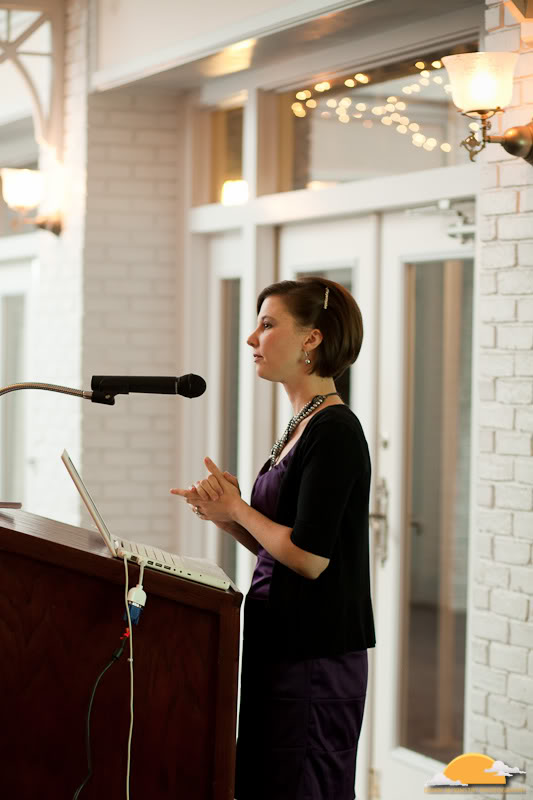I am pleased to see that Australia’s Julia Gillard gained enough to support to form a minority government and remains Australia’s prime minister. Back while she was campaigning she got major flack for being “deliberately barren.” The treatment she got unfortunately reflects the importance of children as an accessory to office.
We’ve seen it recently in the States as well with the scuddle about how because Elena Kagan is not a mom somehow made her less qualified to become a Supreme Court Justice. According to the attacks on Gillard, not being a mom somehow made her unqualified to run Australia. Why does being a mom have such political value?
Motherhood is a still seen as what’s “normal.” You are more electable if the average joe can relate to you. And let’s face it more people than not are parents. As Anne Perkins of the Guardian.co.uk says, “Its political value is its universality. If you have children, you have evidence of an experience that will be familiar to most people on the planet. You are one of us.”
And thanks to pronatalism, the motherhood experience is seen as the most important job there is. It is an important job don’t get me wrong, but our society holds it above all others such that we irrationally think if a woman can raise a child she can politically or legally rule. Then there is the related notion that what we think goes along with motherhood, caring for others, compassion, even multitasking, sets up a woman to do better than non-mom’s in political office. Motherhood is one arena we can learn these things, certainly not the only one. But pronatalism pounds it as the most sacred arena.
Perkins also makes a great point that the irony is that while motherhood has political value in getting elected, it is incompatible with many jobs, and “least compatible of all with politics, which demands exclusive, day and night, commitment. Like children. The only way most politicians survive is by subcontracting their parenting responsibilities. So the aspect of their lives that is apparently indispensable to the suitability for the job is at the same time entirely incompatible with it.”
Political value yes, but in practice to do the job well, no. Yet it’s still thought that it’s better if she is mother…When will it begin and end with what it should–demonstrated political experience? Demonstrated political leadership? When will motherhood not be on the qualifications list?
When our values don’t revolve around parenthood. Until we change this, motherhood will have political value, but thankfully, as we have seen with Gillard, Kagan and a host of other women leaders, it’s not a deal breaker.

